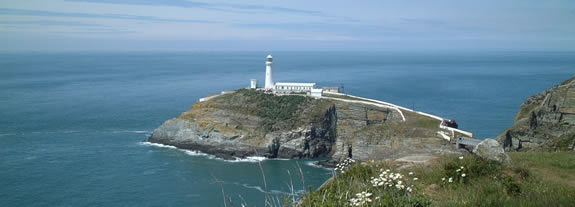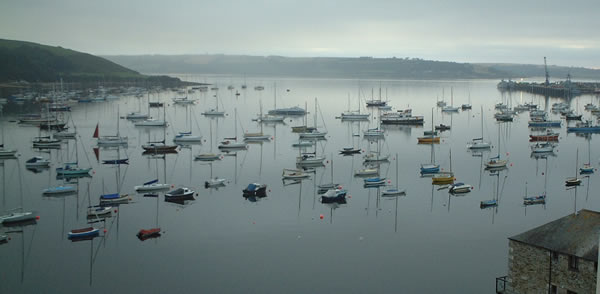At the moment I’m in the Isle of Man for Yn Chruinnaght (‘the gathering’), the Manx National and Inter-Celtic Festival. Yesterday I heard some Scottish Gaelic and odd bits of Manx at a fantastic concert featuring Capercaille and a bunch of local musicians (David Kilgallon and Some Thoroughly Nice Folk), and expect to hear all the other Celtic languages while I’m here as performers and visitors from all the Celtic lands are here for the festival.
The word cruinnaght means ‘assembly, function, gathering, event’ and is used in such expressions as:
– cruinnaght skeerey – parish gathering
– Cruinnaght Vanninagh Ashoonagh – Manx National Assembly
– cruinnaght-vooar – mass meeting
In case you’re wondering, cruinnaght acquires an extra h after yn (the) because it’s feminine and the initial letters of feminine nouns usually mutate after the definite article, in the singular at least. This is a peculiarity shared by all the Celtic languages.
The verb form of cruinnaght is cruinnaghey, which means ‘to gather, huddle, troop, enclose, beseige, raise, round, head, screw up, sum up, focus’.
Source: Online Manx Dictionary


